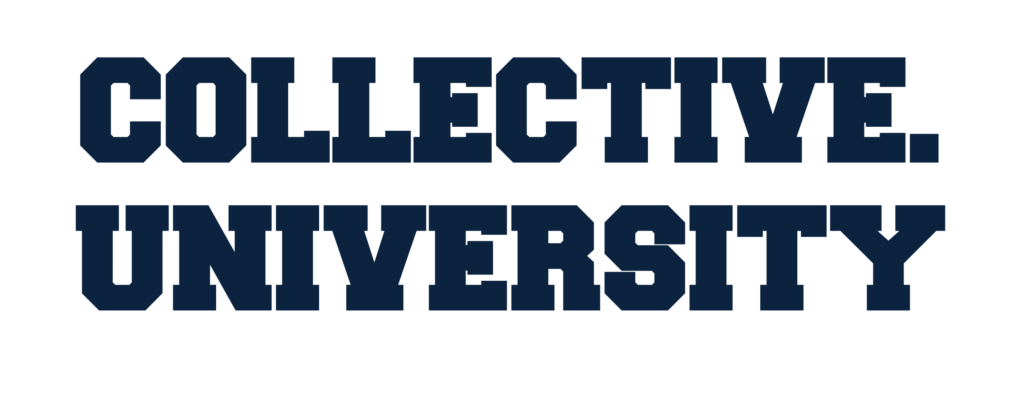NIL stands for “Name, Image, and Likeness.” It refers to the rights of college athletes to profit from their own name, image, and likeness. Historically, NCAA rules prohibited student-athletes from receiving compensation or endorsements while maintaining their amateur status.
However, in recent years, there have been significant changes to NIL regulations. Starting July 1, 2021, student-athletes in certain states and under NCAA guidelines can earn compensation for their NIL rights. This means they can engage in endorsement deals, sponsorships, social media influencing, and other opportunities to benefit from their personal brand.
The change in NIL regulations allows college athletes to monetize their athletic prowess, popularity, and social media following. They can enter into agreements to promote products, appear in advertisements, sell autographs, and participate in other activities that generate income based on their name, image, and likeness.
It’s important to note that the specifics of NIL regulations can vary depending on state laws and NCAA guidelines. Each college or university may also have its own policies and restrictions regarding NIL activities. Therefore, it’s crucial for student-athletes to understand and comply with the rules and regulations set forth by their respective state, institution, and the NCAA to maintain their eligibility and avoid any potential violations.

